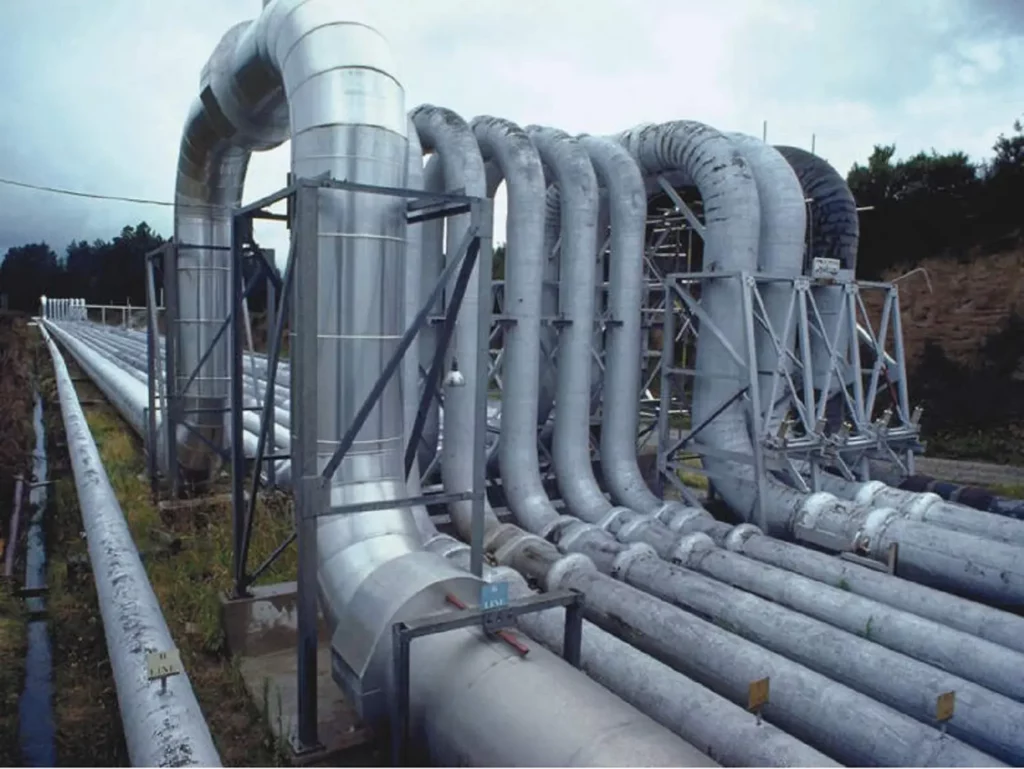
Kazakhstan has resumed oil flows through its key Caspian Pipeline export route to international markets as the west of the country endured a third day of blackouts.
The Caspian Pipeline supplies about 1% of global oil supply, with interruptions in its operations closely assessed by international energy markets.
The blackouts started on early Monday morning after the sudden shutdown of one of the three gas-fired power generating trains at the Maek regional power plant near Aktau on the Caspian shore.
Since Monday, Kazakhstan’s oil production has dropped by 20% to about 1.52 million barrels per day due to power disconnections at oil and gas fields in the Atyrau and Mangistau regions, the country’s two largest oil provinces, accoding to the Kazakh Energy Ministry.
Natural gas production had dropped by about 16% to 142 million cubic metres of gas per day between Sunday and the end of Tuesday, the ministry added.
The Caspian Pipeline’s operator, Caspian Pipeline Consortium, said on Wednesday that stable power supplies had been restored at two of its key receiving and pumping terminals, near the Tengiz oilfield — the country’s largest onshore oilfield — and near the city of Atyrau.
The stable power supplies have enabled the operator to resume the transport of crude from country’s three largest oil developments — Tengiz, Kashagan and Karachaganak — to international markets via the 1500-kilometre route to a marine terminal on the Russian Black Sea coast.
Power restrictions
Meanwhile, power restrictions continued to plague the country’s Mangistau region, where more than 7000 production wells remained shut, according to Kazkhstan’s state-owned oil and gas company KazMunayGaz, the country’s fourth largest oil producer.
On Wednesday KazMunayGaz turned its focus to restoring petroleum deliveries to the domestic market from the country’s three refineries.
Output from the refineries dropped by 46% on Monday and Tuesday, as the Atyrau refinery was the only plant working at full capacity when the the blackout started.
Executive chairman Magzum Mirzagaliyev visited the Pavlodar refinery in the country’s northeast on Wednesday, the company said, to inspect maintenance work that began before the blackouts and are due to last until 11 July.
Kazakhstan’s oil pipeline operator KazTransOil — owned by KazMunayGaz — said the blackout halted operations at six domestic oil pumping stations, though power was restored by the end of Tuesday.
KazTransOil added that during the second quarter it had been sending significantly more oil by rail from the Tengiz field to the port of Aktau, where it is loaded onto tankers for shipment across the Caspian Sea to a receiving terminal near the Azerbaijan capital of Baku.
From there, the Kazakh crude is sent through the Baku-Tbilisi-Ceyhan pipeline to a marine terminal on Turkey’s Mediterranean coast.
According to KazTransOil, about 2.64 million barrels of Tengiz crude were exported via this route between April and June, against 146000 barrels in the first quarter.
Last year, Kazakhstan President Kassym-Jomart Tokayev ordered country’s producers to reduce their reliance on Russia for oil export shipments after the country fell under international sanctions introduced in response to Russia’s invasion in Ukraine.
SOURCE:https://www.upstreamonline.com/
